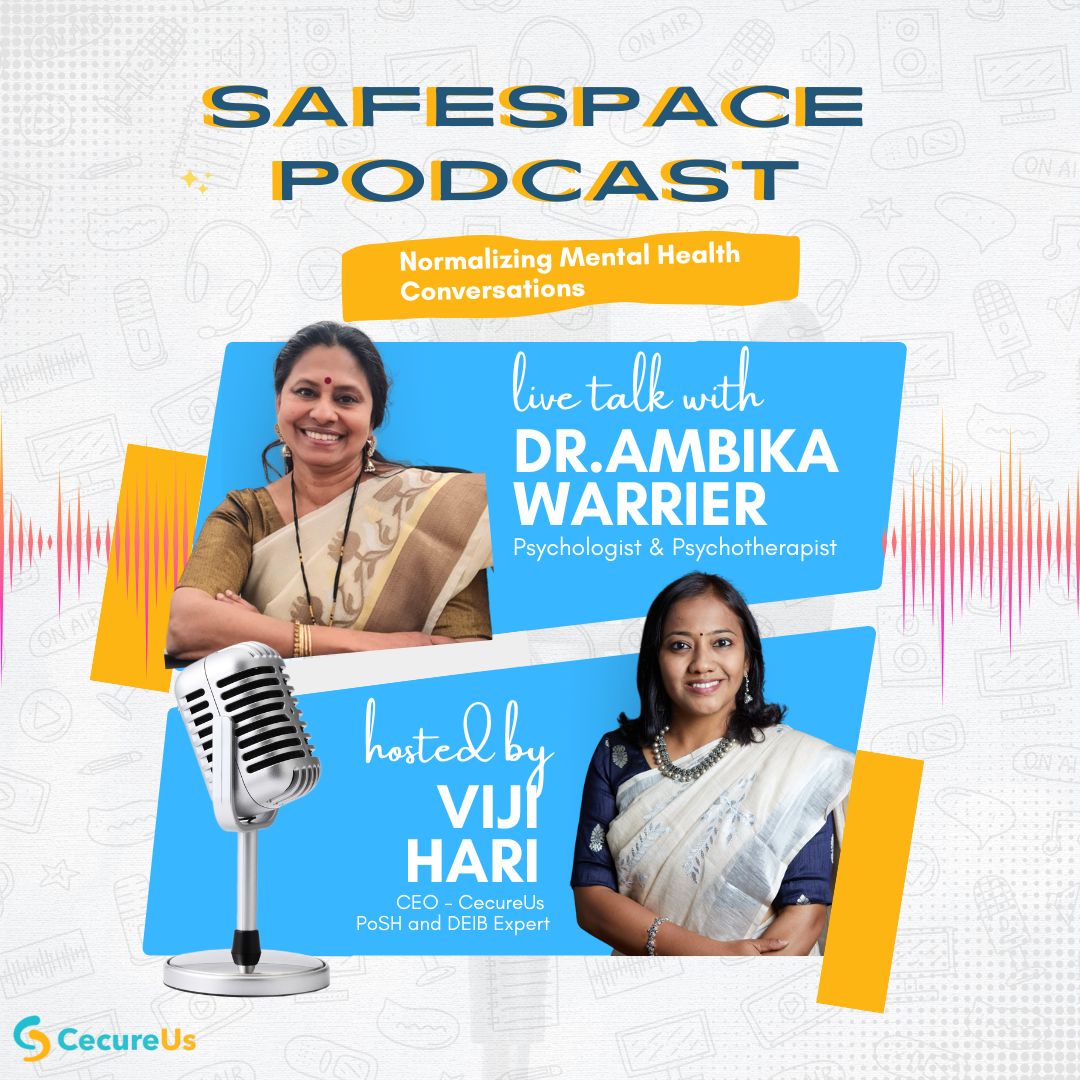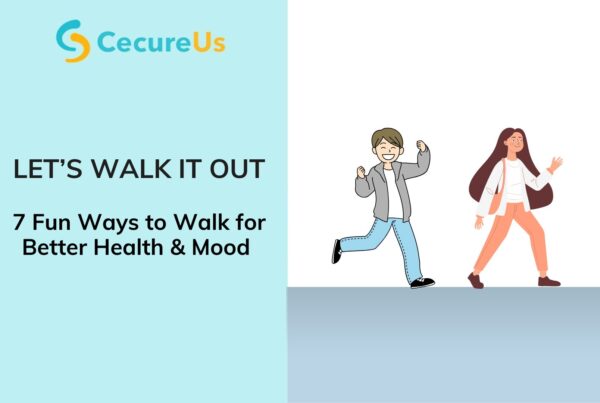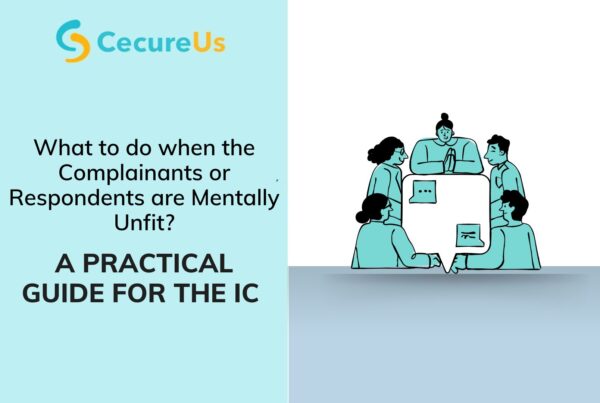
“Breaking the Taboo: Insights on Mental Health from Viji and Dr. Ambika Warrier for World Mental Health Awareness”
In this thought-provoking podcast episode, hosted by Viji, author of Break the Taboo, the spotlight shines on the importance of normalizing mental health discussions. This dialogue is particularly relevant following World Mental Health Day in October, as awareness of mental well-being grows, yet stigma persists. By fostering open conversations, we can help break down barriers, build empathy, and create a supportive network.
Bringing Mental Health into Everyday Conversations
The episode features Dr. Ambika Warrier, a seasoned expert in Parenting and Career Counseling with over 20 years of experience. Founder of the Aananda Centre for Counseling, Dr. Ambika is dedicated to promoting positivity, impacting countless lives and organizations.
Dr. Ambika’s Journey in Mental Health
Driven by a passion for helping others, Dr. Ambika embarked on her mental health journey with a focus on offering practical support to those facing daily challenges. Her dedication to this field reflects her unwavering commitment to making mental health resources accessible and impactful.
Reflecting on World Mental Health Day
World Mental Health Day holds special meaning for Dr. Ambika, as it emphasizes that mental well-being is a core aspect of overall health. She believes this day serves as a timely reminder to manage stress, preventing it from impacting physical health. Viji adds that World Mental Health Day can inspire individuals to address the stigma and seek necessary support.
With mental health becoming more visible, both employees and employers are now recognizing the importance of setting boundaries to avoid burnout, a crucial factor in maintaining workplace well-being.
Addressing Mental Health in Corporate Settings
Workplaces with high expectations can contribute to employee burnout and stress. Dr. Ambika explains that managing mental health in corporate environments requires a balance between work demands and self-care. She emphasizes that HR leaders and managers should stay vigilant, offering support when signs of burnout emerge. Practices like mental health breaks help mitigate the effects of constant pressure.
Common Mental Health Challenges and Counseling Approaches
Anxiety, depression, workplace stress, and sleep issues often bring individuals to counseling. Dr. Ambika encourages clients to view work as part of life, not life itself, advising them to set boundaries for a balanced, fulfilling lifestyle. She emphasizes that mental health is a continuous journey, requiring consistent effort and self-care.
Debunking Myths Around Mental Health
Dr. Ambika addresses common misconceptions, shedding light on the realities behind these myths:
- Myth #1: Mental health struggles signify weakness.
Fact: Mental health issues are real challenges, not weaknesses. Seeking help is a sign of resilience. - Myth #2: People with mental health issues are dangerous.
Fact: This stereotype stems from fear, not reality. People facing mental health challenges need empathy, not judgment. - Myth #3: Individuals can simply “snap out” of mental health struggles.
Fact: Mental health conditions often require professional treatment, not just willpower. - Myth #4: Mental health is less serious than physical health.
Fact: Mental health issues can have severe implications and often affect physical health. - Myth #5: Mental health challenges are a sign of laziness.
Fact: Managing mental health requires effort and resilience, disproving any association with laziness. - Myth #6: Mental health issues resolve on their own.
Fact: Support and guidance are often essential for recovery, demonstrating the importance of seeking help.
Recognizing Signs and Offering Support in the Workplace
Recognizing signs of mental distress—such as mood changes or withdrawal—is crucial. Dr. Ambika recommends regular check-ins with colleagues, noting that these efforts build trust and create a culture of support. Structured interactions, like skip-level meetings, enable safe conversations between employees and leaders, fostering openness.
The Importance of Genuine Listening
Active listening can make a world of difference, as individuals often need to feel heard. Genuine listening demonstrates empathy, helping to build a more compassionate workplace culture.
Creating a Supportive Workplace Culture
Beyond policies, a supportive workplace culture relies on action. Dr. Ambika emphasizes that initiatives promoting mental health awareness contribute to a more positive work environment, showing employees that their well-being is valued.
Stories of Support: Managers Making a Difference
Dr. Ambika shares instances where managers positively impacted employees simply by listening. One story highlights an employee finding solace in speaking with a manager outside their direct team, illustrating the importance of approachable leaders in fostering trust.
Rapid-Fire Insights on Mental Health and Wellness
In a quick Q&A, Dr. Ambika shares actionable tips for mental well-being:
- Daily stress relief: Practice conscious breathing.
- Listening without judgment: Sometimes, being a good listener is enough.
- Recognizing unintentional stress caused to others: Notice avoidance and reflect on your impact.
- Boosting mental wellness: Consistency and discipline are key.
- Checking in on a friend: Regular communication helps friends feel safe and supported.
Conclusion
This engaging conversation with Viji and Dr. Ambika Warrier highlights essential insights for mental health awareness and wellness. In today’s fast-paced world, nurturing human connection remains invaluable. Demonstrating genuine care at work has a lasting positive effect on individuals and teams. For those seeking support, visit eap.cecureus.com or call the helpline at 1800 121 9497.




